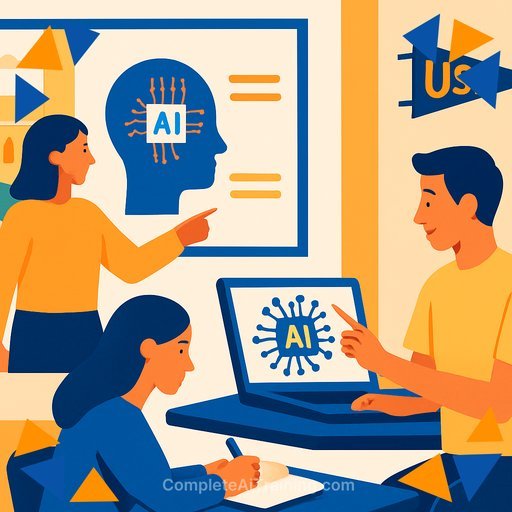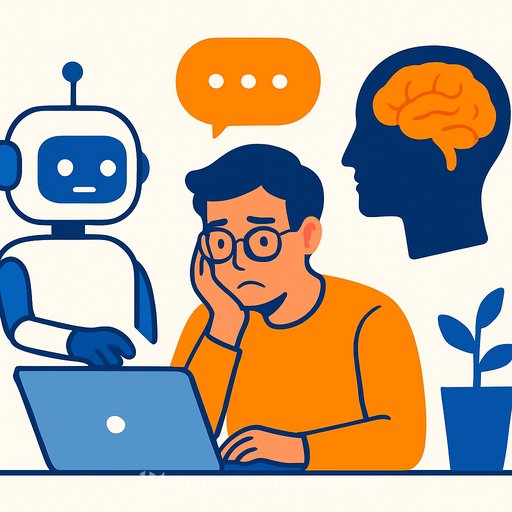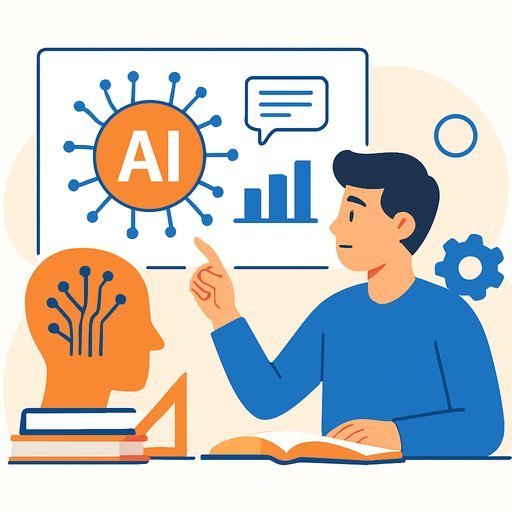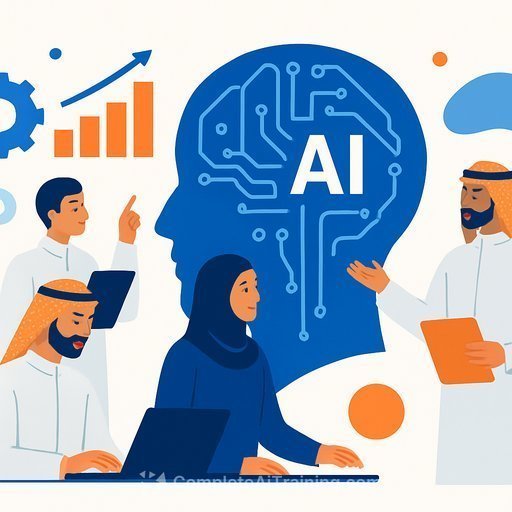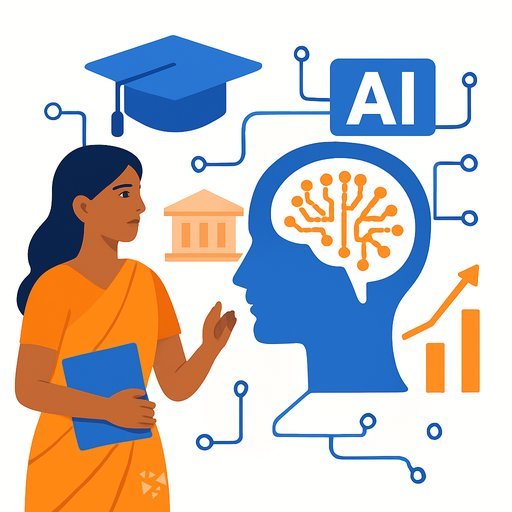Global Education Leaders Convene at Vanderbilt to Make AI Useful for Teaching
Vanderbilt Peabody College, with Florida State University and the University of Kansas, hosted a four-day forum that brought together leaders from 30 education colleges across four continents. Held Oct. 21-24 on Peabody's campus, the gathering centered on a simple idea: AI should work as a thought partner to educators, not a substitute for human judgment.
The theme focused on AI's impact across higher education-what it means for teacher prep, classroom practice, and research translation. Across sessions, leaders aligned on a practical goal: help teachers and students think better, work faster on the routine, and stay focused on meaningful learning.
What leaders agreed on
- AI is a tool for thinking, drafting, and feedback-teachers remain the decision-makers.
- Future educators need explicit training in AI use, including when and how to disclose it to students.
- Before adopting tools, be clear about what humans do best and what AI can assist with.
- Research has more impact when it's translated in the language of policymakers and practitioners.
- Community partnerships are non-negotiable for real change; build them into grants from the start.
- Address teacher shortages with new pathways: prep partnerships, long-term development, alternative licensure, and clearer career growth.
Opening signals: integrate AI, avoid the hype
The forum kicked off with a welcome from Camilla Benbow, followed by remarks from Vanderbilt Chancellor Daniel Diermeier and a conversation with John Geer. Diermeier emphasized that universities should integrate AI across disciplines without overreacting to headlines-and that their role differs from private companies. Universities innovate by testing, teaching, and applying new methods responsibly.
Co-hosts Rick Ginsberg (University of Kansas) and Damon Andrew (Florida State University) set the tone: while systems vary country to country, the challenges are strikingly similar-and so are the opportunities to share what works.
Sessions took place in Peabody's Wyatt Center rotunda and included campus visits, including a look inside Vanderbilt's innovation hub, The Wond'ry at Vanderbilt, along with stops at local K-12-focused centers and community sites.
Panel highlights: make AI useful, not a shortcut
"There is a crisis of relevance in education," said Alyssa Wise of Peabody. Her point: align learning with students' interests and goals, and AI can increase relevance and engagement. Wise joined Shouping Hu (FSU) and Danny Bielik (Digital Education Council) to discuss how AI can deepen critical thinking-while avoiding "cognitive laziness," as Hu cautioned. Moderator Amanda Goodwin highlighted resources like the Peabody Hub for Mindful AI Innovation.
In a session on global perspectives, Vanderbilt's Allen Karns described the pace of AI's change as "like flying a plane and replacing the wings mid-flight." The group, moderated by Laurie Cutting, traded both skepticism and optimism about classroom adoption. FSU's Josh Newman urged teams to map human strengths vs. AI strengths before implementation. KU's Yong Zhao added that educators should model transparent, effective AI use for students.
Beyond AI: serve communities, solve real problems
"Community links are the superpower of schools of education," said Vanderbilt's Erin Henrick in a session on research-practice partnerships. FSU's Nicole Patton Terry pushed for clearer communication of value: start locally, share your work, and bake partnerships into proposals from day one.
Isak Frumin noted a shared priority among university leaders: move beyond paper MOUs to meaningful, measurable work with schools. In a session on translating research to policy, Cynthia Osborne put it bluntly: speak in your audience's language. KU's James Brasham added that lawmakers are looking for clear solutions, even as researchers operate in gray areas.
Leaders from Vanderbilt, FSU, and KU showcased K-12 learning centers-university-based programs that run close to classrooms. The model drew interest from international guests for its practical link between research and day-to-day learning.
Teaching's future: talent, training, and practical AI
Ellen Goldring led a discussion on the future of the teaching profession, pointing to declining licensure and the need for better preparation pipelines. Ideas on the table: build stronger school partnerships, plan for long-term growth, integrate AI into teacher training, and open alternative licensure routes. Clear paths into leadership and consulting roles can help retain talent.
"Teaching students should have a choice as to what they can do with their degrees," said Mbulungeni Madiba of Stellenbosch University. In the closing keynote, Dean Matthew Johnson-Roberson of Vanderbilt's College of Connected Computing noted that AI now lets educators build custom tools without large engineering teams-practical uses like streamlining grading came up as low-risk, high-return wins.
As the forum wrapped, KU's Rick Ginsberg said, "Our roles have changed. If we do it right, we can dramatically change our pedagogy." Benbow echoed the momentum: institutes of education are ready to guide the transformation with care and clarity.
Apply this in your program this semester
- Set clear norms for AI use in coursework (what's allowed, what must be disclosed, and how to cite AI assistance).
- Pilot AI-supported workflows for grading, feedback, and lesson planning with a small faculty team; document the gains and pitfalls.
- Launch or refresh a research-practice partnership with a local district; include shared goals, data rhythms, and simple deliverables.
- Offer short faculty workshops on prompt strategy, bias checks, and verification to keep critical thinking front and center.
Further resources
- AI course pathways by job role - practical options for educators building AI fluency.
Your membership also unlocks:

